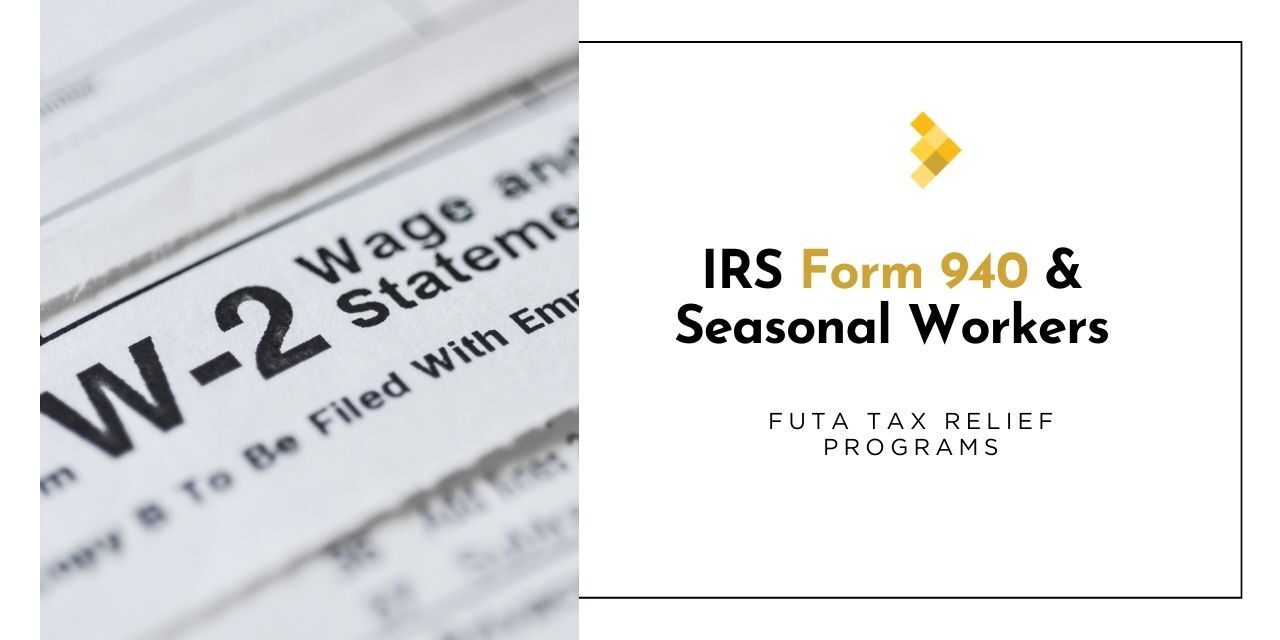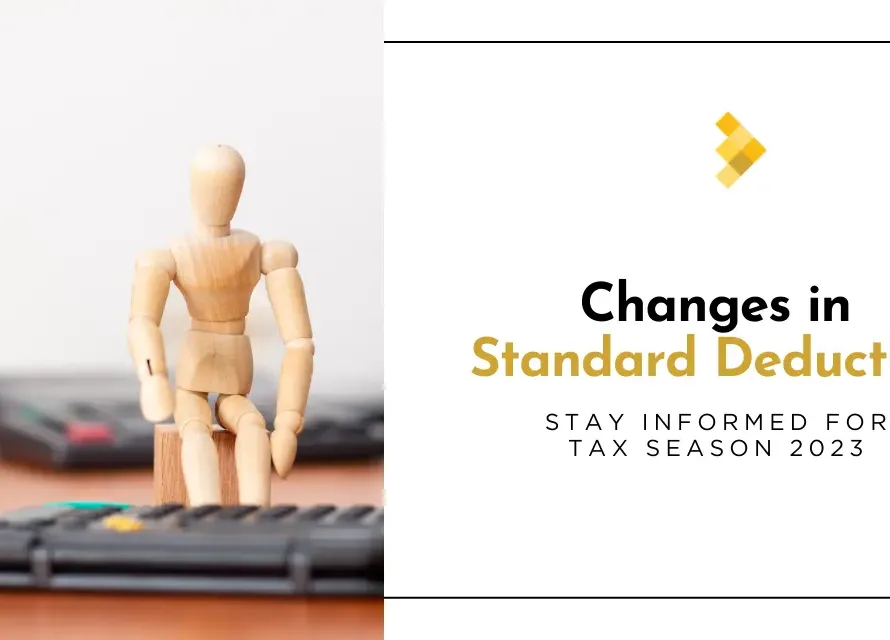The season of Tax deadlines is here and it includes Form 940 returns as well. Form 940 is the Annual Federal Unemployment Tax(FUTA) return that the IRS collects from US employers. However, not all US employers file this return.
Who needs to file Form 940?
Employers who have paid USD 1,500 or more to W-2 employees (not the contractors) in wages or employers who had W-2 employees (full-time or part-time) for at least 20 weeks throughout the past year are obliged to file Form 940 and pay taxes.
How to File 940 and Save on FUTA Tax for Seasonal Workers?
If you fit the above category and hired seasonal workers, then you must file IRS Form 940. FUTA tax or Federal Unemployment Tax Act tax is a payroll tax that employers pay to the federal government. This tax is used to fund the unemployment benefits for workers who lose their jobs.
FUTA tax is calculated based on the FUTA taxable wages that you pay to your employees; that is, the first $7,000 of each employee’s annual wages. Although the FUTA tax rate is 6%, most employers can claim a credit of 5.4% for paying state unemployment taxes. This helps reducing the effective FUTA tax rate to 0.6%.
However, in some cases, you might have to pay a higher FUTA tax rate. This is valid if you are located in a credit reduction state or if you have seasonal workers who are exempt from state unemployment tax. In this blog post, we will explain how to file IRS Form 940 and save on FUTA tax for seasonal workers.
What is a Credit Reduction State?
A credit reduction state is a state that has borrowed money from the federal government to pay for its unemployment benefits and has not repaid it in time. As a result, the federal government reduces the FUTA tax credit for employers in that state, increasing their FUTA tax liability.
The list of credit reduction states changes every year, depending on the state’s unemployment situation and repayment status. You can find the latest list of credit reduction states and their credit reduction rates on the IRS website.
If you are an employer in a credit reduction state, you have to pay an additional FUTA tax based on the credit reduction rate for that state. For example, if the credit reduction rate for your state is 1.2%, you have to pay an additional FUTA tax of 1.2% on the FUTA taxable wages that you pay to your employees, in addition to the 0.6% FUTA tax that you normally pay.
You have to report the additional FUTA tax on Schedule A of IRS Form 940 and attach it to your Form 940 when you file it.
How to File IRS Form 940 for Seasonal Workers?
Seasonal workers are workers who perform labor or services on a seasonal basis, such as agricultural workers, ski resort workers, or holiday workers. Seasonal workers may be exempt from state unemployment tax, depending on the state’s rules and the nature of their work.
If you have seasonal workers who are exempt from state unemployment tax, you cannot claim the full 5.4% FUTA tax credit for them, because you did not pay any state unemployment tax for them. Instead, you can only claim a partial FUTA tax credit of 0.9%, reducing the effective FUTA tax rate to 5.1% for those workers.
You have to:
- report the FUTA taxable wages and the FUTA tax for your seasonal workers separately from your other employees
- list the months in which you paid wages to seasonal workers
- list the amount of wages that you paid in each month
- multiply the wages by the FUTA tax rate of 5.1% to get the FUTA tax for your seasonal workers
- add the FUTA tax for your seasonal workers to the FUTA tax for your other employees
- report the total FUTA tax on Form 940
Lastly, you have to pay the FUTA tax by the due date of Form 940, which is January 31 of the following year, or February 10 if you deposited all your FUTA tax on time.
How to Save on FUTA Tax for Seasonal Workers?
There are some ways that you can save on FUTA tax for your seasonal workers, such as:
- Hire seasonal workers who are not subject to FUTA tax, including family members, independent contractors, or foreign workers with a valid visa.
- Keep the pay to your seasonal workers under $7,000/year, so that their wages are not FUTA taxable.
- Pay in kinds such as meals, lodging, or goods as they are not FUTA taxable.
- Pay your state unemployment tax for your seasonal workers, even if they are exempt so that you can claim the full 5.4% FUTA tax credit for them.
- Move your business to a state that is not a credit reduction state, or lobby your state government to repay its federal loan and avoid becoming a credit reduction state.
By following these tips, you can reduce your FUTA tax liability and save money for your business.
Conclusion
Filing IRS Form 940 and paying FUTA tax for seasonal workers can be a complex and costly process for employers. However, by understanding the rules and regulations, and taking advantage of the available credits and exemptions, you can minimize your FUTA tax burden and maximize your profits.
If you are confused between Form 941 or 944, read which federal form to choose and get the right guidance.
Written by – Priyanka Rampal
Follow us for more good reads and helpful insights if you have queries related to finance management and tax filing!




